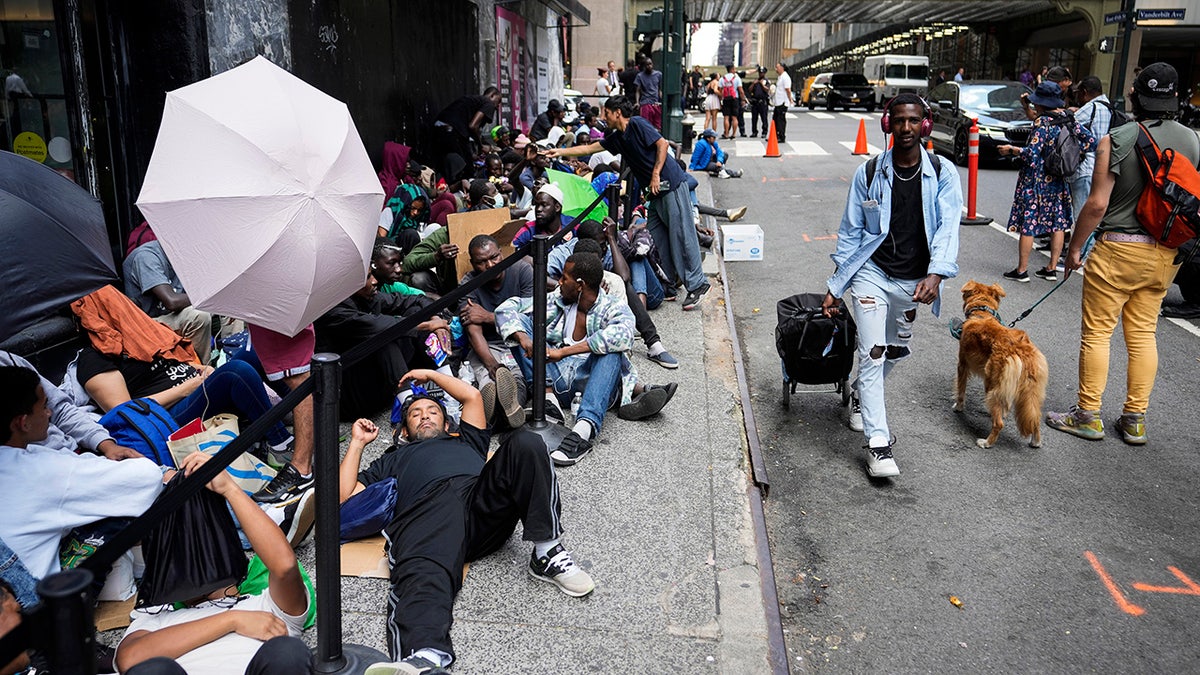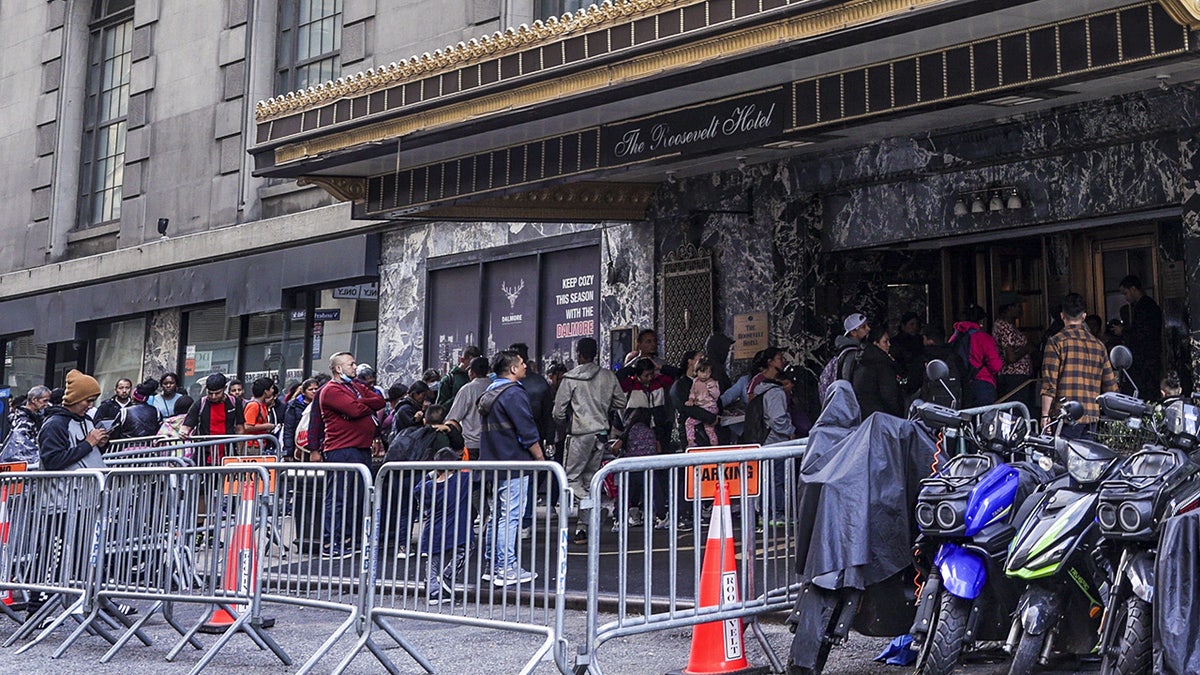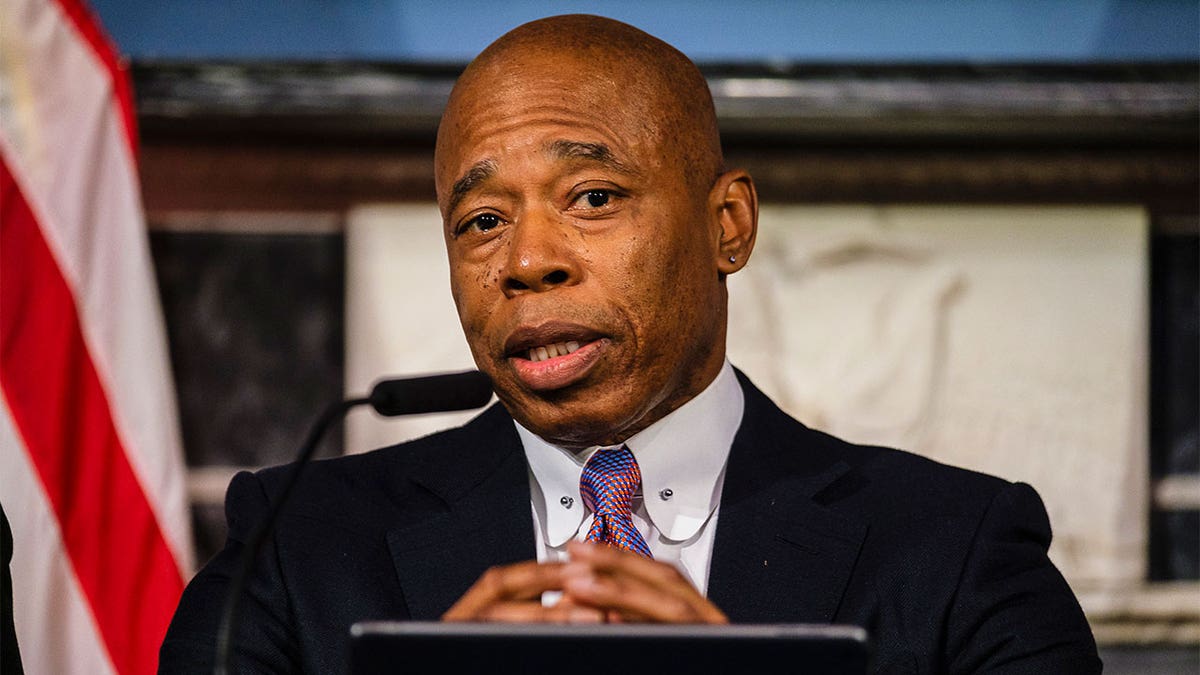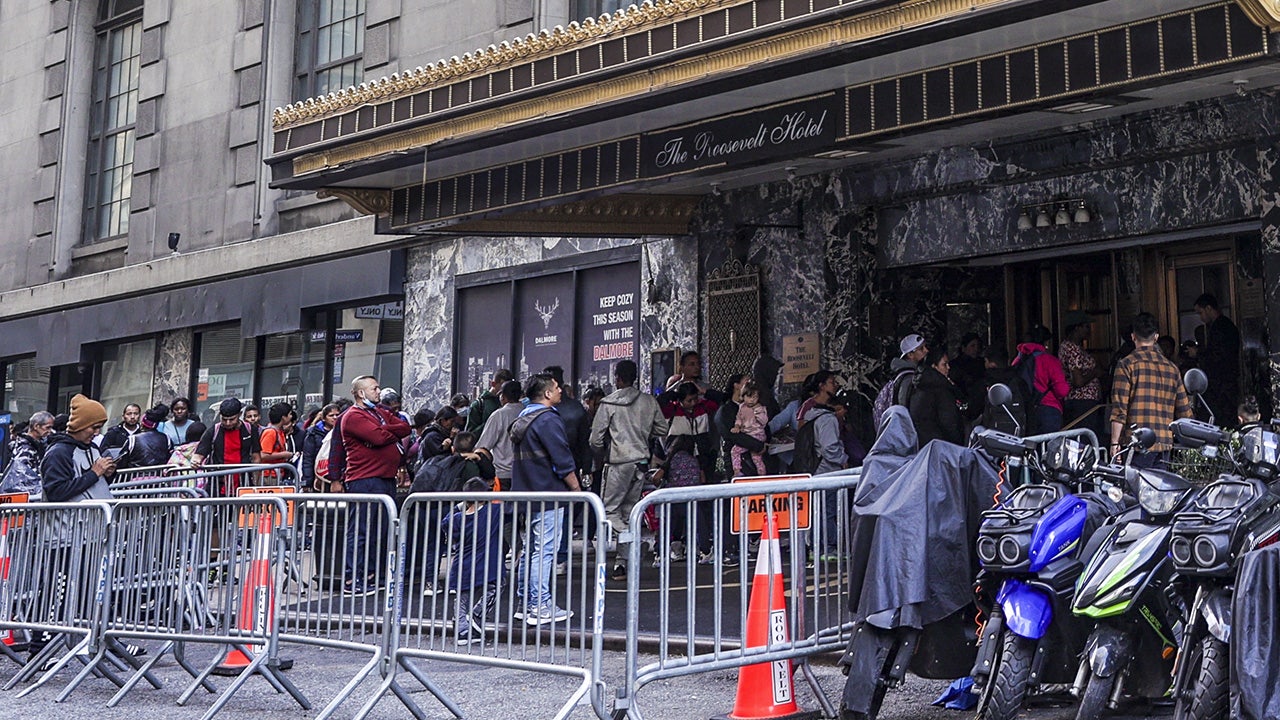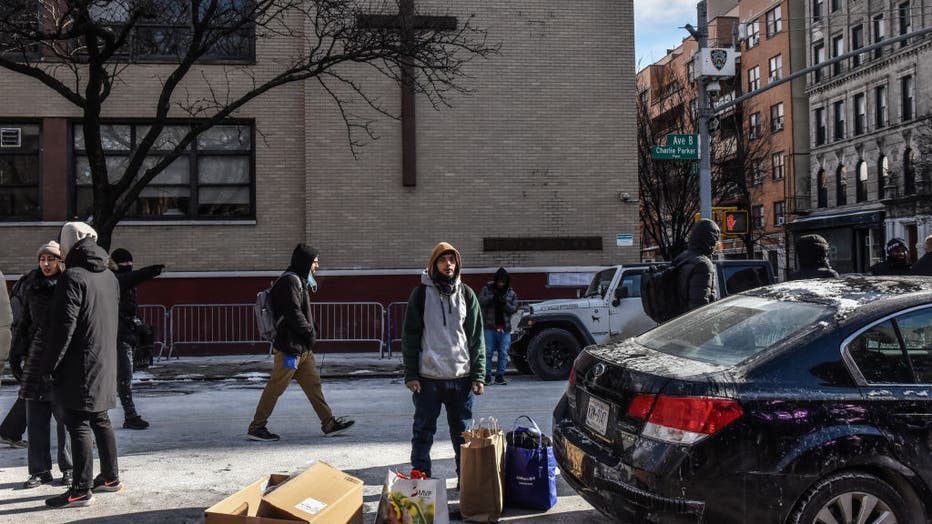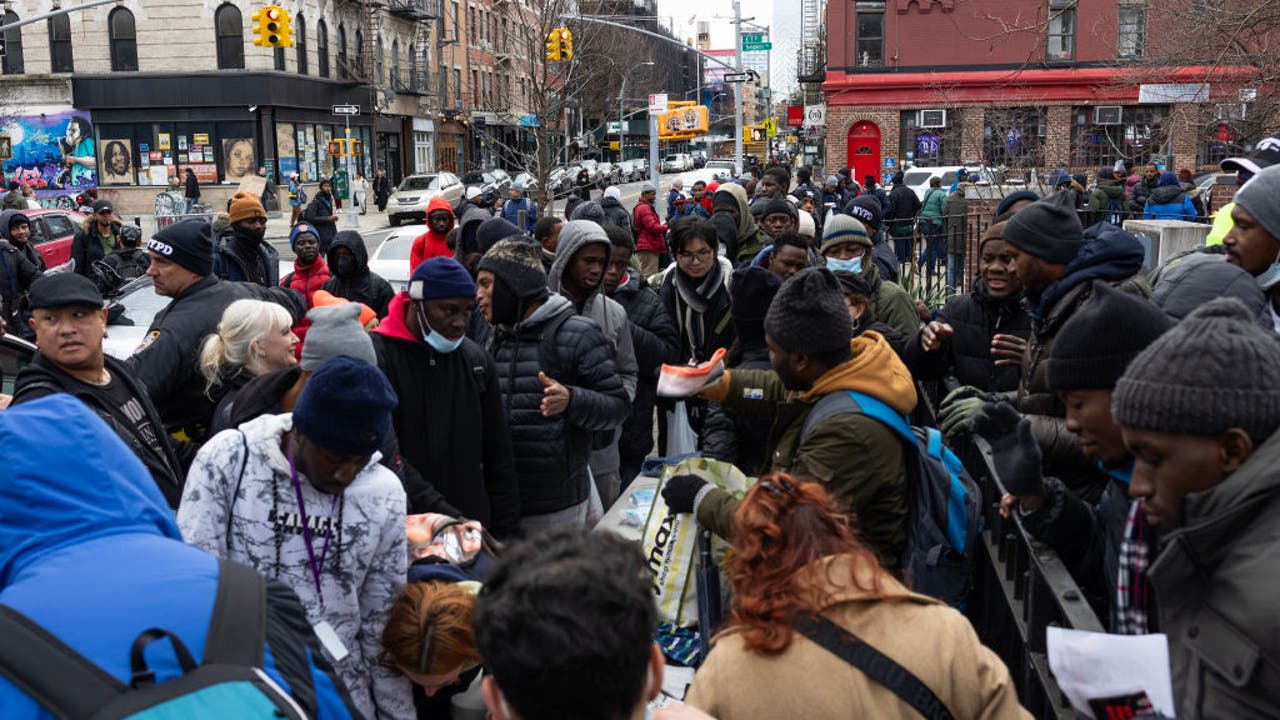
New York City has launched a $53 million pilot program to give pre-paid debit cards to migrant families housed in hotels. The program is intended to replace the current food service provided there and will provide families with the ability to purchase fresh food for their culturally relevant diets and baby supplies of their choosing. Each family will receive a card that can be used at bodegas, grocery stores, supermarkets, and convenience stores only. The amount available on each card depends on individual circumstances but is expected to provide $1000-a-month for a family of four or $35 per day for food and baby supplies. This program is expected to save New York City more than $600,00 per month or $7.2 million annually.
